Android wearables are in a bit of a weird spot right now. Everyone agrees that Wear OS, previously Android Wear, is not what it should be. It doesn’t match the power and fluidity that Android on phones has and lags far behind competitors like WatchOS on the Apple Watch in terms of features.
Despite its struggles, Huawei was all in on Wear OS almost since its inception. It has released two of the best smartwatches to date, the Huawei Watch and Huawei Watch 2, which makes it pretty surprising that the company moved away from Wear OS in its latest watch, the $200 Huawei Watch GT.
The Watch GT runs Huawei’s proprietary software, Lite OS. The OS has both advantages and negatives which we’ll dive into a little later in the review, but let’s start with the fantastic hardware.
Hardware
In a word, the Huawei Watch GT is stunning. Every person I have spoken to about the watch during my review period has remarked at how striking the watch is. It looks professional and classy, while not straying into jewelry territory.
It all starts with a stainless steel body and ceramic bezel that houses one of the best looking mobile displays I’ve ever seen. Excellent peak brightness, deep blacks, punchy colors, and a high pixel count make this display the standout feature of the watch.
A circular 1.39-inch display sounds small, but it’s the perfect size for my wrist. I haven’t had any problem with the watch crowding the top of my hand despite the two pronounced crowns, but there’s more than enough real estate to see information on the screen.
Read more: Huawei confirms plans for the Huawei Watch 3, no release date announced
The rest of the watch is fantastic as well. The stainless steel body shines like the day I took it out of the box and has held up extremely well considering how many times I’ve banged it on door frames and car windows since I’ve been using it. The slightly darker bezel is a nice slight contrast to the shiny stainless steel body. It’s marked with the minutes of a clock in five-minute increments which pairs nicely with some of the included watch faces.
Continuing the tradition set by the Huawei Watch 2, the Watch GT includes a great leather/silicon hybrid strap. The top is a nice soft leather that looks great, while the bottom of the band is silicon that wicks away moisture and heat. I really enjoy how the strap continues to look sharp, even after a workout. Huawei also offers a darker version of the watch that comes with a pure rubber, black band if you’re not into leather.

Luckily if you don’t like the included strap, it features standard quick-release buttons that make it a breeze to throw on a strap of your choice. Amazon is filled with cheap potential replacements but I never felt the need to go looking.
The underside of the watch features what feels like a plastic body and sensors to measure your heart rate. This is the first area where it feels like Huawei cut some corners to keep the price down. While there’s absolutely nothing wrong with what we’re getting here, other options like the Apple Watch and some fitness trackers feature better looking and more premium-feeling bases. In reality, this won’t matter to many people because how often do you look at the back of your watch but it is something to take into consideration.
Heading inside the device, we have a 420 mAh battery, 128 MB of storage, 16 MB of RAM, and an accelerometer, gyroscope, heart rate sensor, barometer, compass, and a GPS antenna. The specs here are of note due to how paltry they are. There’s only 128 MB, not GB, of storage which means there’s nowhere to store music when you’re out on a run. And it wouldn’t matter because the Watch GT doesn’t allow you to connect your Bluetooth earbuds to it anyway.
On the other side of the coin, the large 420 mAh battery is fantastic. It allows the watch to run continuous heart monitoring while averaging two weeks of battery life. I’ve yet to charge the watch during my review period and Huawei says it can last up to 30 days if you use this more of a notification tracker than a fitness tracker. If you decide to run a marathon with this on, all of the sensors will provide you with invaluable data and the watch will still get almost 24 hours of battery life. Extremely impressive.
Software and performance
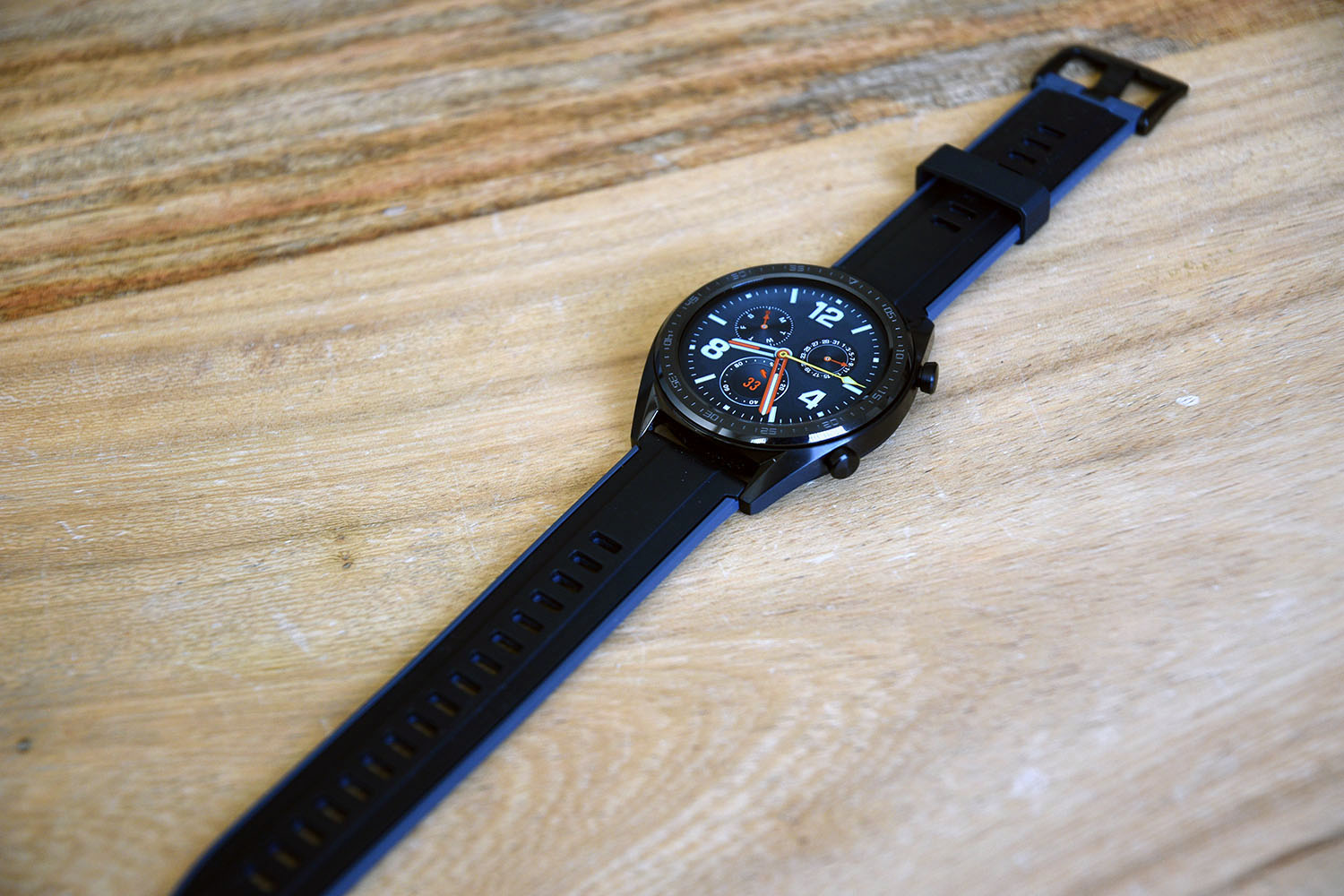
What it gets right
This is where things start to get interesting. Like we said earlier, the Huawei Watch GT does not run Android. It runs Huawei’s own Lite OS that the company developed for fitness companions. And I’ve gotta say, Lite OS is a really apt name because there isn’t a ton going on here. Let’s dive into what you can do with the device before we talk about what it can’t do.
First and foremost, this is a fitness tracker and the software contains almost nothing but fitness tracking applications. We have support for tracking runs both indoor and outdoor, walking, climbing, indoor and outdoor cycling, and swimming. In my experience, the step and distance tracking are almost dead on compared to my Apple Watch and what my phone picks up. There are also a couple of other little apps like “Find my phone” and weather. These apps do exactly what they say they will but offer zero depth or ancillary functionality.
But, I do have to say one thing that the Watch GT does exceedingly well is track sleep and present it in an easy to digest format through the Huawei Health app. In fact, Huawei Health is where you initially pair the device and provides a place to check out all of the information that the Watch GT collects. I love waking up in the morning to see how long I slept and how much of that was in a deep sleep. I’ve always had problems with sleeping at night so it’s nice to gain more insight into where problems can occur and what my body is doing right.
What it gets wrong
What we’re missing is third-party application integration. Since this watch isn’t running a popular OS, there are no developers creating apps for it. This severely limits the potential of the Watch GT, but I think this was always the plan from the start. If you refer back to the specs we listed, you’ll see that there’s not enough horsepower to do anything but the basics. That’s how Huawei wants it. If that’s not what you want, then this isn’t for you.
I give Huawei credit for executing on a vision and doing it well but I think their thought process is flawed. Apple, Google, and Fitbit are responsible for making the three largest fitness tracking operating systems in the world and they all allow third-party apps in their devices. Sure, Fitbit might lag well behind but you can still stream music and pay for your post workout drink at Starbucks right from the watch.
Not only does the operating system feel basic but it can be quite slow too. You’d think with only a few tasks, it should be no problem for the dual-core processor to open up new apps and keep frame rates steady, but that’s not the case here. I’ve experienced multi-second delays after tapping an icon. While not the case every time I open an app, it happens enough to become quite frustrating. There are also dropped frames everywhere here. Animations more often than not feel choppy and it kills the experience of using this tracker.
My advice to Huawei is that if you’re only going to do a few things, you need to do the really well. You need to be the best on the market doing those few things and blow everyone else out of the water. Be so good that you’re a leader in the space. The Huawei Watch GT doesn’t do that. In fact, the interface isn’t nearly as good as other devices out there that compete on price and offer more features.
Conclusion

Huawei set out to make a fitness tracker that looked like a smartwatch with the Watch GT. What it did instead was create a beautiful smartwatch with a gimped operating system. You can forgive people for picking up the watch and wondering why the software is this bad. You can’t do simple things like respond to messages with canned responses– all you can do is swipe them away. Whether Huawei didn’t want to build this functionality into the OS or brings it later, it’s a perfect example of where the Watch GT falls flat.
But if your needs for a wearable don’t extend past some fitness tracking and glancing at your notifications without taking your phone out of your pocket, this may be perfect for you. The watch certainly fills a nice of a fitness tracker that looks like more, but that may be its downfall too. I’m not sure how many people are too embarrassed to wear a Fitbit anymore, especially people who just want fitness tracking. It’s certainly a gamble by Huawei and one I’m not sure will pay off.
Despite the lack of a true operating system, you can’t discount just how good the Watch GT looks. I love pretty much everything about the device from how well the body has stood up to abuse, the continued shine, down to the excellent included band. If this watch ran Wear OS, I’d recommend it immediately, even if it didn’t get two weeks of battery life as it does now. But until then, the Huawei Watch GT is simply a fancy fitness tracker disguised as a smartwatch.

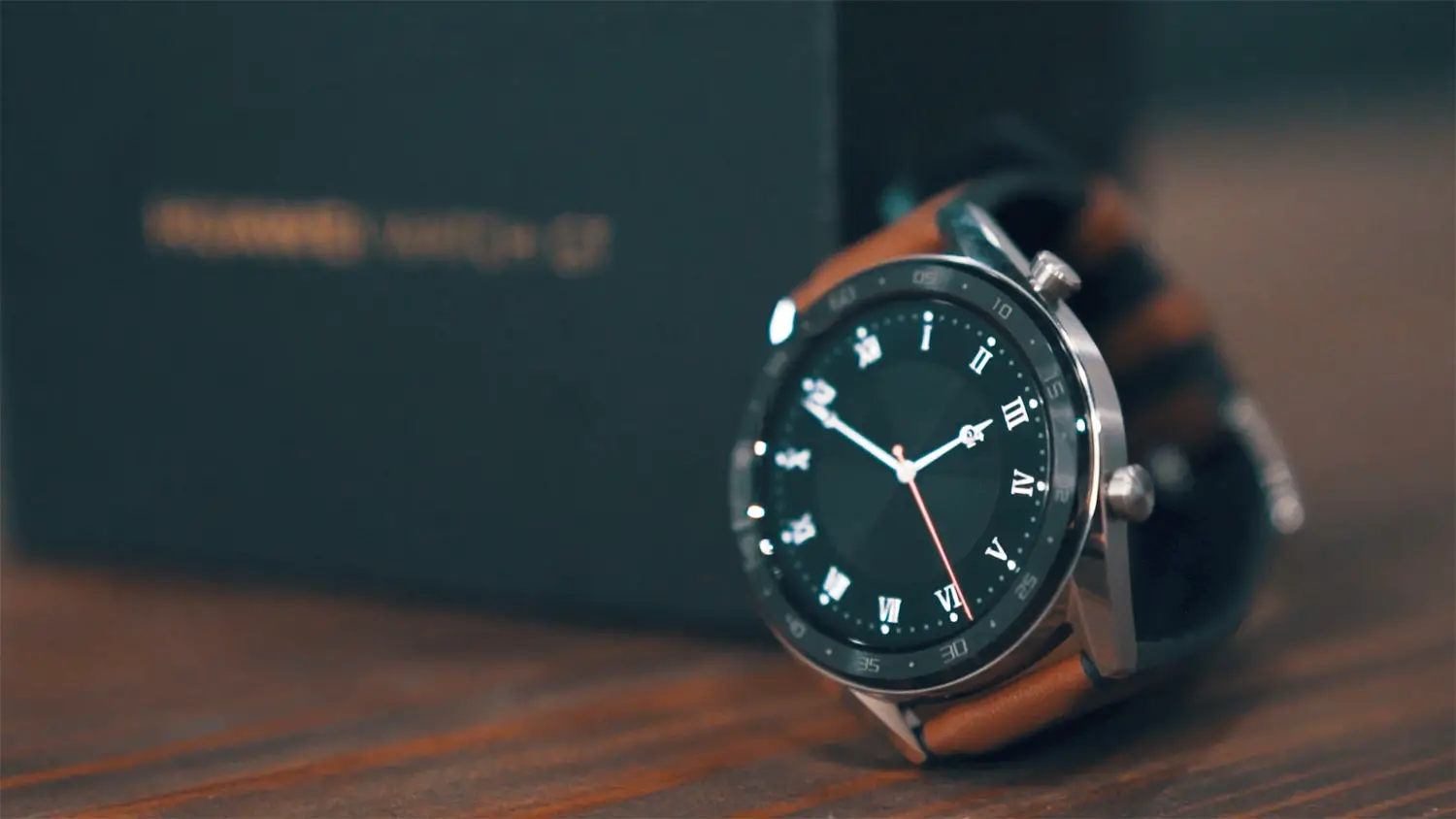
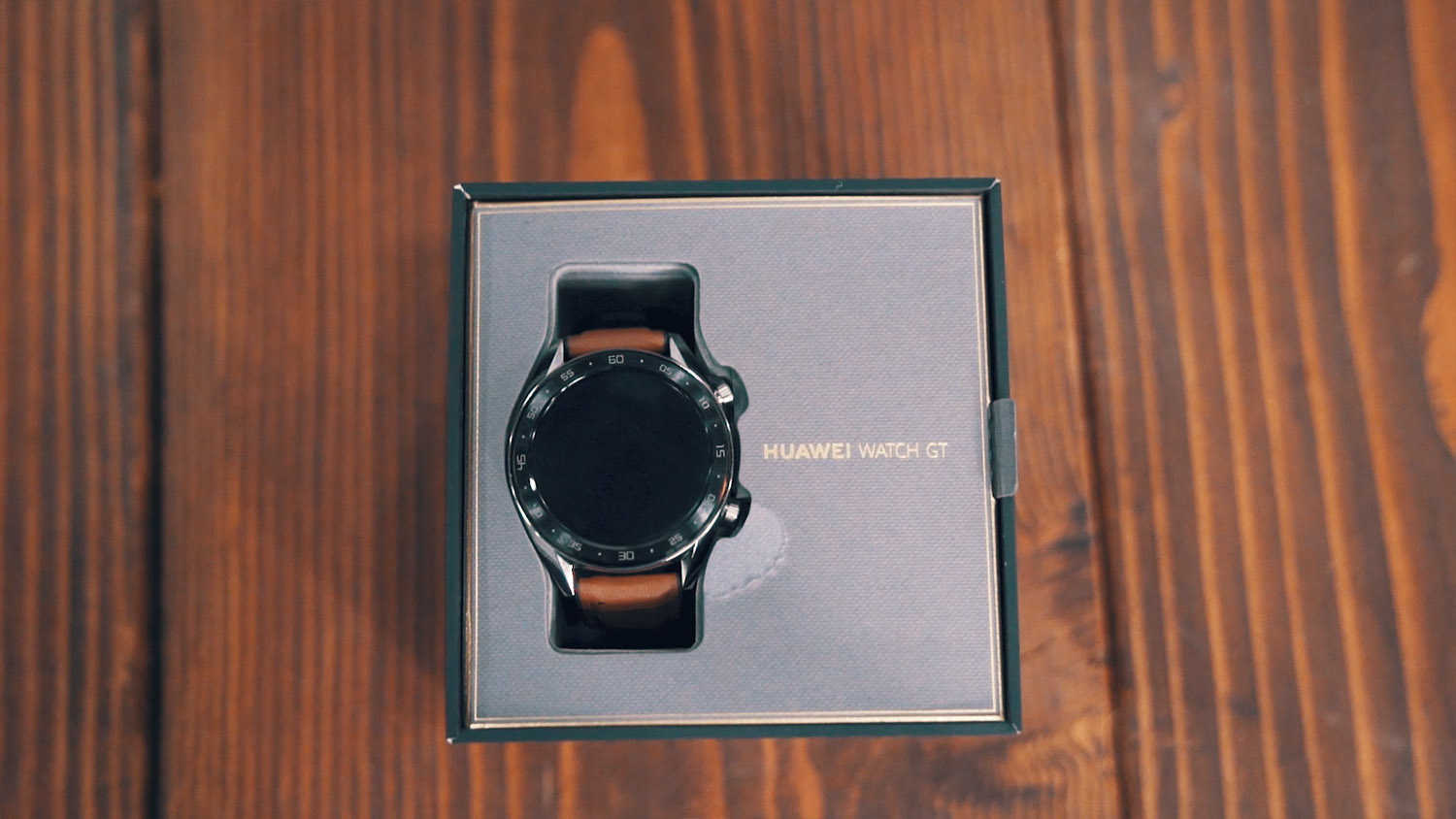
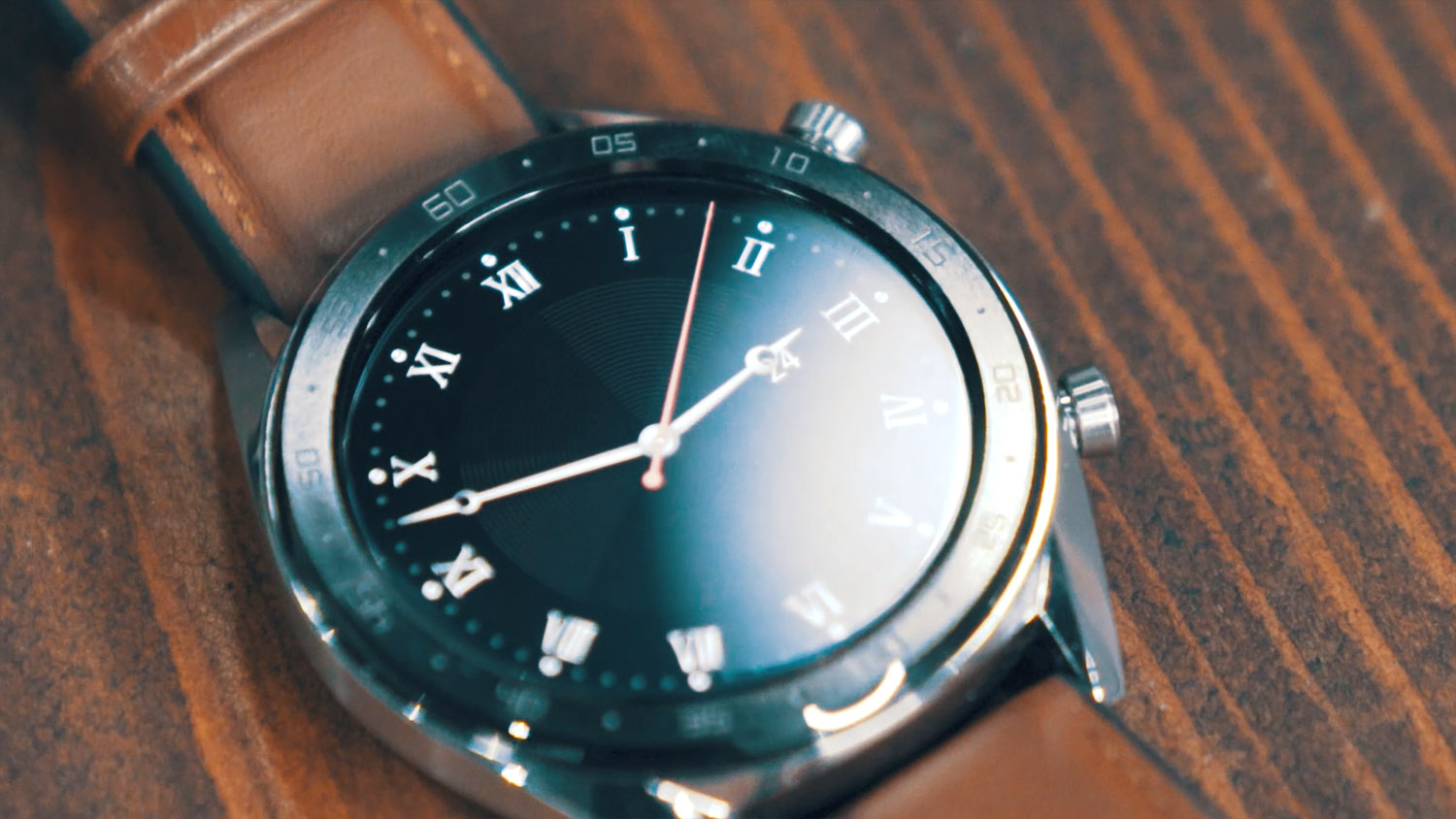
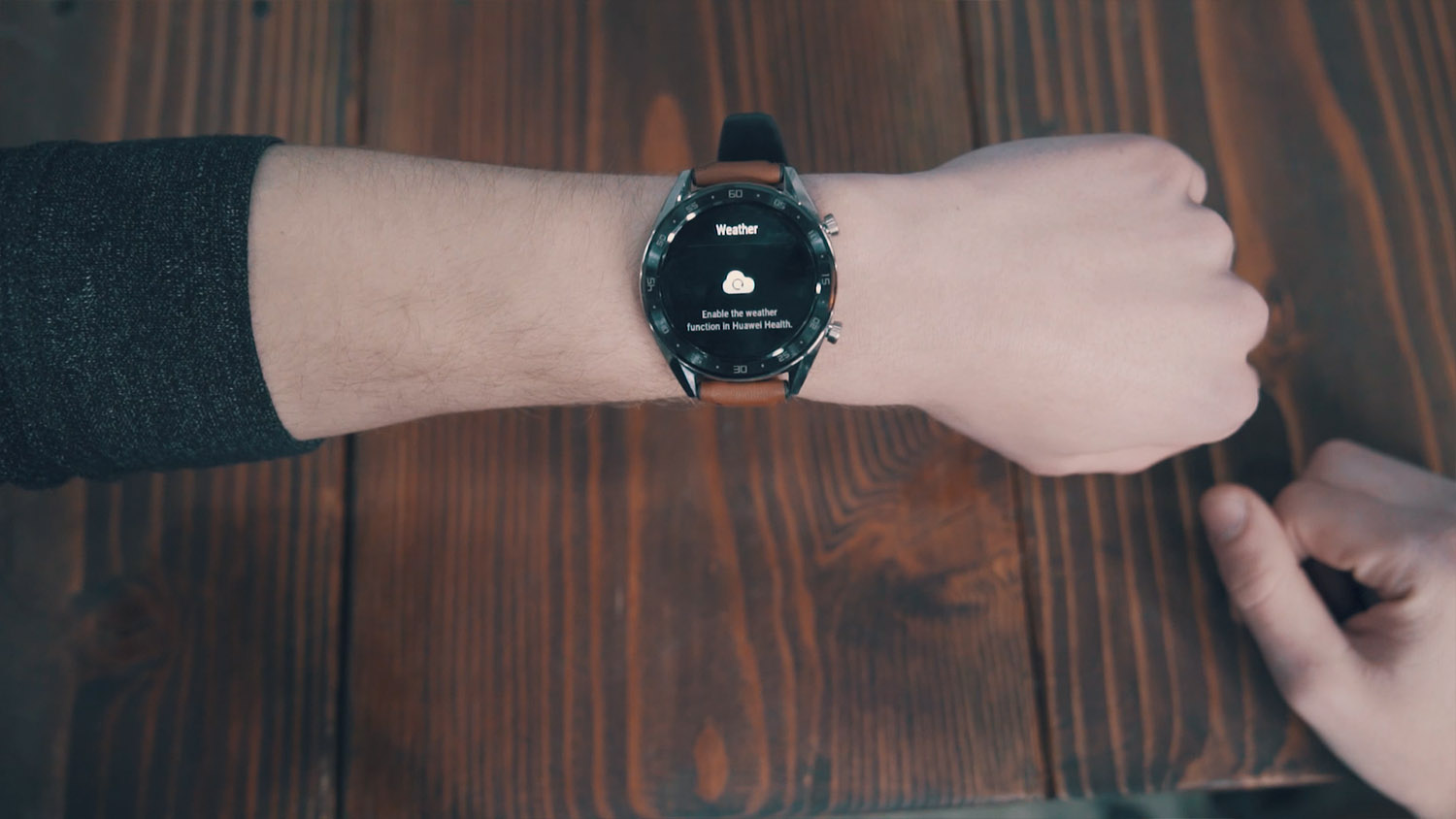
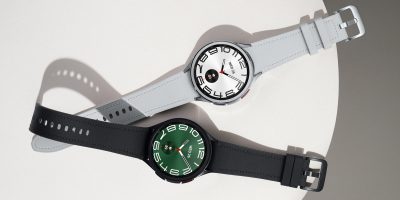
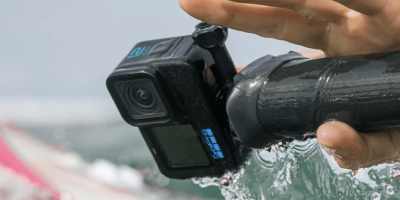
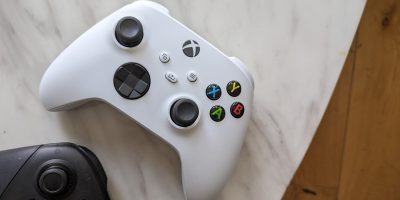

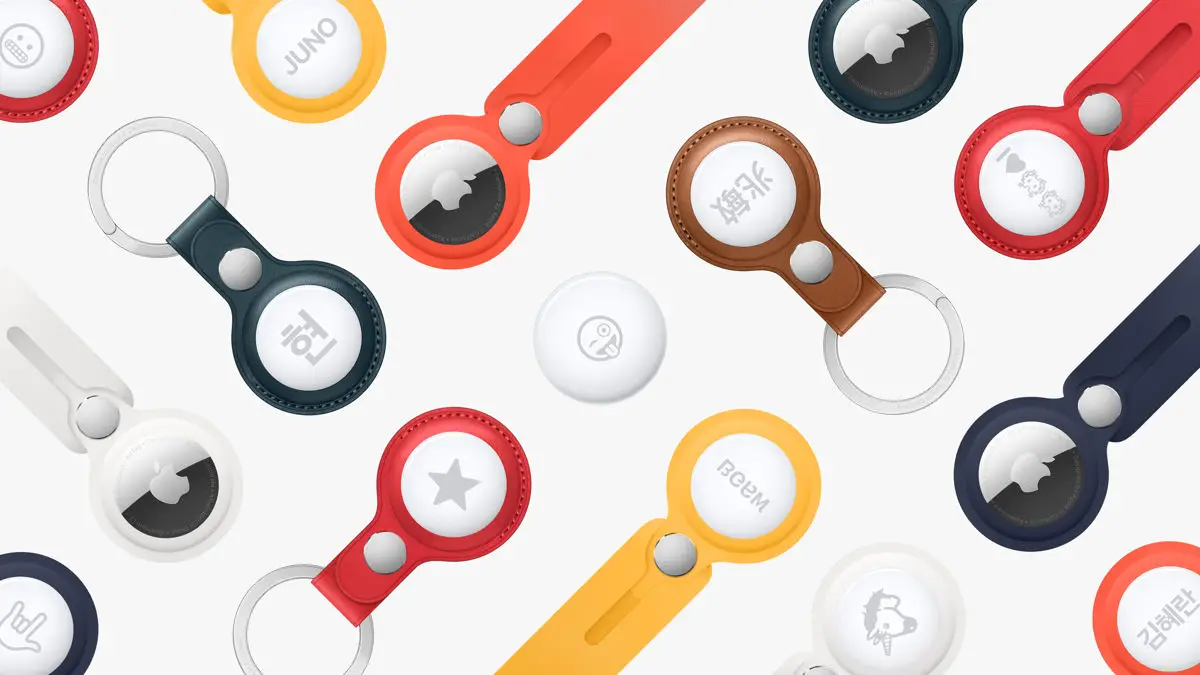





Comments